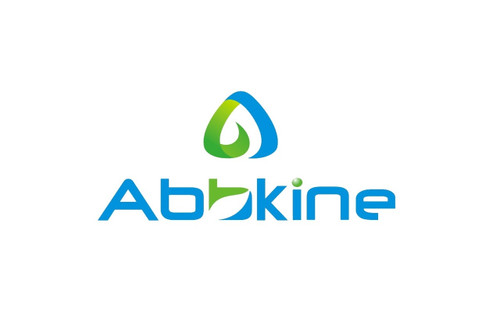Product Description
Rat Protein Tob1 (TOB1) ELISA Kit | AE13847RA | Abebio
Species Reactivity: Rat (Rattus norvegicus)
Abbreviation: TOB1
Alternative Name: APRO6; MGC104792; MGC34446; PIG49; TOB; TROB; TROB1; transducer of erbB-2
Application: ELISA
Range: Request Information
Sensitivity: Request Information
Intra-Assay: ≤5.6%
Inter-Assay: ≤9.3%
Recovery: 0, 8
Sample Type: Serum, Plasma, Other biological fluids
Detection Method: Sandwich
Analysis Method : Quantitive
Test Principale: This assay employs a two-site sandwich ELISA to quantitate TOB1 in samples. An antibody specific for TOB1 has been pre-coated onto a microplate. Standards and samples are pipetted into the wells and anyTOB1 present is bound by the immobilized antibody. After removing any unbound substances, a biotin-conjugated antibody specific for TOB1 is added to the wells. After washing, Streptavidin conjugated Horseradish Peroxidase (HRP) is added to the wells. Following a wash to remove any unbound avidin-enzyme reagent, a substrate solution is added to the wells and color develops in proportion to the amount of TOB1 bound in the initial step. The color development is stopped and the intensity of the color is measured.
Product Overview: TOB2 belongs to the TOB/BTG1 family of antiproliferative proteins, which are involved in the regulation of cell cycle progression.The deduced 344-amino acid TOB2 polypeptide has a calculated molecular mass of 37 kD. It shares 61% overall sequence homology with the TOB1 protein, and both proteins contain a putative nuclear localization signal in the conserved N-terminal domain. Immunofluorescence analysis revealed localization almost exclusively in the cytoplasm. Northern blot analysis of human adult tissues detected ubiquitous expression of a 4.1-kb transcript, with relatively high expression in skeletal muscle, thymus, and ovary. In situ hybridization in several mouse tissues demonstrated intense hybridization in ovary, with characteristic expression in oocytes. Immunoblot analysis revealed a 43-kD protein.
Stability: The stability of ELISA kit is determined by the loss rate of activity. The loss rate of this kit is less than 5% within the expiration date under appropriate storage condition. The loss rate was determined by accelerated thermal degradation test. Keep the kit at 37°C for 4 and 7 days, and compare O.D.values of the kit kept at 37°C with that of at recommended temperature. (referring from China Biological Products Standard, which was calculated by the Arrhenius equation. For ELISA kit, 4 days storage at 37°C can be considered as 6 months at 2 - 8°C, which means 7 days at 37°C equaling 12 months at 2 - 8°C) .
 Euro
Euro
 USD
USD
 British Pound
British Pound
 NULL
NULL








